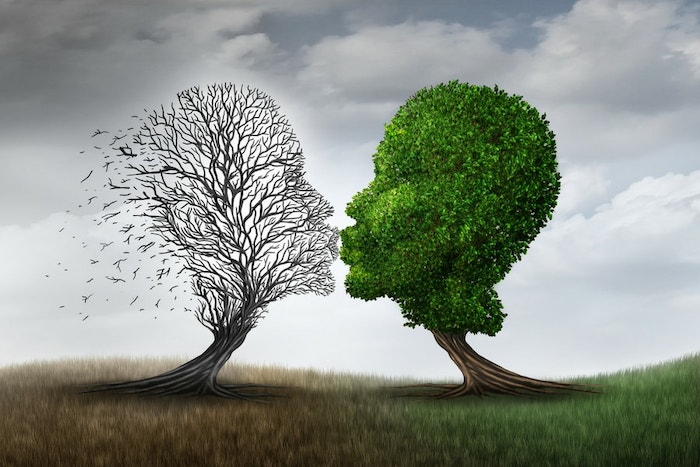
What do we feel when a loved one is in the very last stage of their lives? What do people who are dying feel when they realize that their time here is nearly over? That process – emotional grief is what we refer to as anticipatory grief. It is the anticipation and grief reaction to understanding that someone or yourself are about to die. Not specifically in the next few moments, but in the months to come. In this post, we discuss anticipatory grief and the grieving process.
What is Anticipatory Grief?
Anticipatory grief is the emotional response to the pending death of a loved one. It is a very powerful form of grief and occurs both in the loved ones of someone who has a terminal illness and in the person who is suffering that illness.
This is a response to the realization that that person or yourself is going to die and that the hope of being cured has diminished. Anticipatory grief is not always about the actual loss of life. It can accompany a major change in peoples lives such as having to have a limb amputated or when a woman must have a mastectomy and feels that her femininity is dying.
What Are the Signs and Symptoms of Anticipatory Grief?
There are five stages of grief and those include:
- Denial – Sometimes when faced with death, we deny that the situation is as serious as it is. We cannot accept that death is a possibility or that someone who is dying will eventually die. Instead, we might push them to try harder or resent them silently for not trying harder or resent those around them for not trying harder. “If only” statements are common. If only, I had done more… If only I had taken the time… If only I had talked to the doctor…
- Anger – Anger can be uncontrollable and rage-like. It can be directed at the person who is dying or at the people caring for that person – doctor, caregivers, etc. The response is after an accusation and can be violent – physical or emotional – outbursts.
- Bargaining – There is the thought that you can make a deal in exchange for something more. ” I can give you more money if you give me better medication – strong chemo, etc. The idea of death is not solidified at this point. There is still the desperate clinging to hope for things that have not yet been identified or discovered – A new drug, a new procedure, a new chance.
- Depression – We understand now and the regrets of what we have said, the time we have wasted, the little things that mean nothing are now a weight that pulls us downwards. For those who are about to lose a loved one, this depression may cause us to not want to see the person, or to take the blame for their loss upon ourselves. These are darker emotions.
- and Acceptance – We have accepted the fact that nobody is to blame, that there is nothing left to bargain for, and that despite our sadness we or our loved one is going to die. It is a calming of the angst that we have felt. It is often a recognizable and reconciliation period we discuss forgiveness or give permission to someone we love so that they can die. It is about dignity and hope and while sad, is an uplifting from the depressed period through which we have passed. It is a coming to terms with death and the loss and sometimes it is a deeper understanding of what death is – a part of life.
Coping with Anticipatory Grief
One of the first things to understand about anticipatory grief is that it is a very normal process. You have not done anything wrong. The fact that you are grieving means that you care.
Be willing to talk with other people about what you are feeling. In Hospice, the idea is to treat the entire family because anticipatory grief is very powerful. If hospice is not available, talk to your clergy or begin to see a therapist. There are support groups that can help and many are free of charge.
Talking is a release and grief is very much like a deep pressure that we contain until we explode. Talking relieves that pressure and helps us to see grief for what it is and to recognize why we feel what we do. Talking is good for the entire family and for the patient.
It is important to acknowledge that this is a loss for everyone involved. This is not specifically about giving up the fight, but a reorganization of your options and the tools available to preserve the quality of life and the dignity of the person who is dying. It is a way to make good use of the time that is left and to focus on being good to yourself and to your loved ones.
If you are facing a terminal illness, be sure to set up a support system for the people around you. As you move closer to death it is these people who will help you to handle the pressure and the stress. It is also wise to set up a support system that cares for the people around you. Many will carry the burden of death silently so as not to burden the person who is ill with their grief. Knowing that now, enables you to build a team that cares for all of you.
Grief is a natural part of being ill and facing a terminal illness. It can be devastating and paralyzing, but by recognizing what it is and how it works empowers you to handle it.
Complete Article ↪HERE↩!
